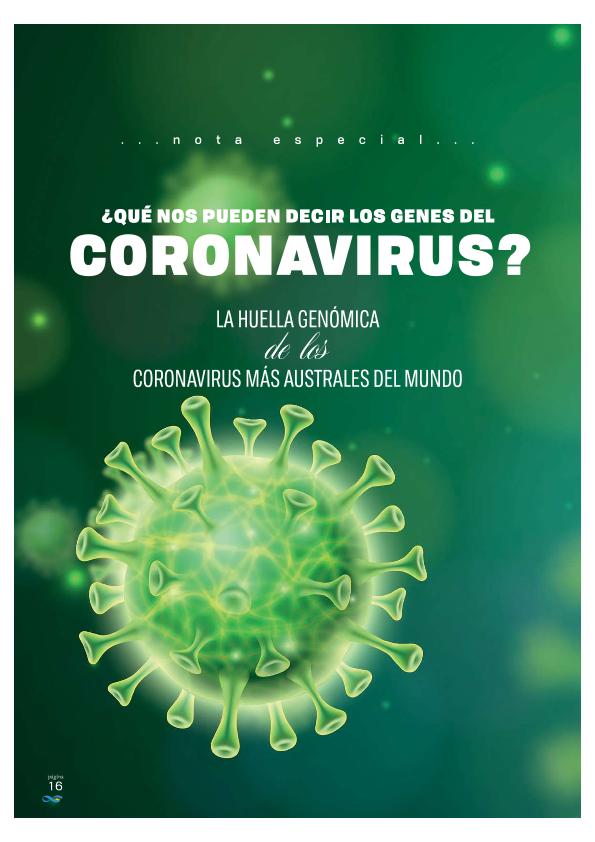Artículo
Antes de hablar del famoso coronavirus, debemos indagar sobre qué son los virus en general: ¿Son células? ¿Son organismos vivos? La realidad, es que los virus se consideran “agentes infecciosos microscópicos acelulares”. Esto quiere decir que no son considerados células. Ni siquiera organismos vivos, ya que no son capaces de “vivir” o funcionar por sí mismos, sino que requieren de una célula u organismo vivo a quien infectar. Una vez que el virus logra infectar, es la célula o el organismo hospedador quien hace todo el trabajo por el virus: le fabrica todos los componentes necesarios para hacer más partículas virales, que después infectarán otras células. ¿Pero entonces, no son organismos vivos? A nosotros nos parece que son demasiado vivos, ya que logran que las células que infectan, ¡trabajen para ellos! Before talking about the famous coronavirus, we should investigate what coronaviruses are in general: ¿cells? ¿living organisms? The reality is that viruses are considered “acellular microscopic infectious agents”. This means that they are not considered cells nor living organisms. This is mainly because they are not able to “live” or function on their own, rather they require a living host cell or organism to infect. Once the virus successfully infects the host, the cell or organism does all of the work for the virus: making the proteins that it needs, replicating its genetic material, and creating all of the necessary components to make more virus particles that will later infect other cells. What! They aren’t living organisms? To us it seems that they are too alive. They get the cells they infect to work for them!
¿Qué nos pueden decir los genes del coronavirus?: La huella genómica de los coronavirus más australes del mundo
Título:
The DNA profile of the southernmost coronaviruses of the world: What are the viruses?
Fecha de publicación:
12/2020
Editorial:
Consejo Nacional de Investigaciones Científicas y Técnicas. Centro Austral de Investigaciones Científicas
Revista:
La Lupa
ISSN:
1853-6743
e-ISSN:
2796-7360
Idioma:
Español
Tipo de recurso:
Artículo publicado
Clasificación temática:
Resumen
Palabras clave:
CORONAVIRUS
,
GENÓMICA
Archivos asociados
Licencia
Identificadores
Colecciones
Articulos(CADIC)
Articulos de CENTRO AUSTRAL DE INVESTIGACIONES CIENTIFICAS
Articulos de CENTRO AUSTRAL DE INVESTIGACIONES CIENTIFICAS
Citación
Ceballos, Santiago Guillermo; Nardi, Cristina Fernanda; Fernandez, Daniel Alfredo; ¿Qué nos pueden decir los genes del coronavirus?: La huella genómica de los coronavirus más australes del mundo; Consejo Nacional de Investigaciones Científicas y Técnicas. Centro Austral de Investigaciones Científicas; La Lupa; 17; 12-2020; 16-19
Compartir




